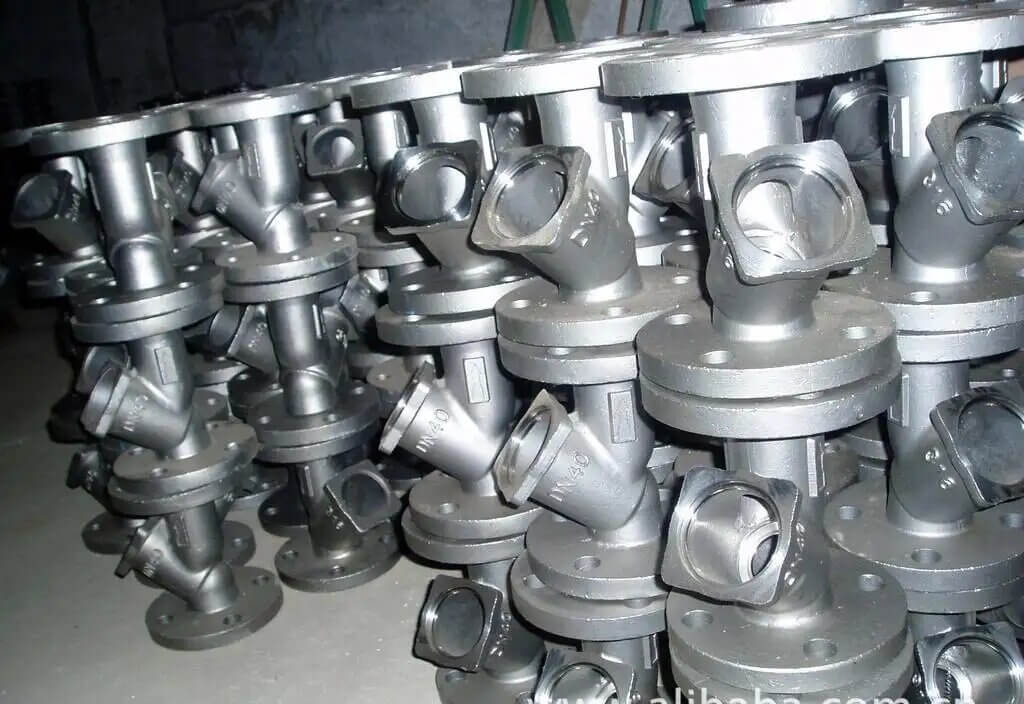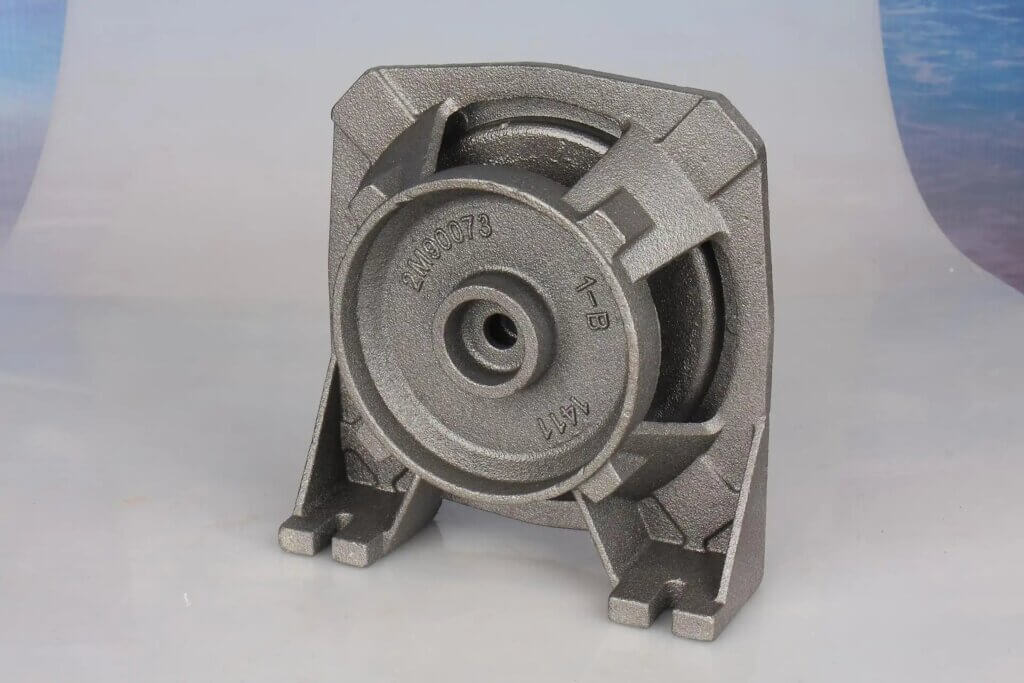316 and 304 stainless steel castings are widely used in applications where corrosion resistance is required.

316 and 304 stainless steel castings are widely used in all areas from construction, and medical to food equipment.
Stainless steel castings are ideally suited for use in environments with high sanitary requirements.
On the one hand, they do not react with corrosive acids.
At the same time, surgical instruments and tableware made of stainless steel are easy to clean and disinfect.
Another reason for using stainless steel is that they do not require powder coating to resist corrosion and can remain aesthetically pleasing.
Of course, even though they are called stainless steel castings, wear and corrosion are only a matter of time, but they are still an excellent solution for harsh environments and can provide durable products in a wide range of applications.

316 stainless steel castings: Thanks to the addition of molybdenum to 316 stainless steel, its corrosion resistance, atmospheric corrosion resistance, and high-temperature strength are particularly good.
It can be used in harsh conditions; it has excellent work-hardening properties (non-magnetic).
When selecting austenitic stainless steel for marine applications, 316 stainless steel is generally considered to be one of the most suitable choices.
Areas of application for 316 stainless steel castings.
Equipment for seawater, chemical, dye, paper, oxalic acid, fertilizer, and other production equipment
Photography, food industry, coastal facilities, ropes, CD rods, bolts, nuts, etc.
304 stainless steel castings: 304 stainless steel is the most common type of steel.
As a widely used steel, it has good corrosion resistance, heat resistance, low-temperature strength, and mechanical properties; has good stamping, bending, and other thermal processing properties, no heat treatment hardening phenomenon (non-magnetic, use temperature -196 ℃ ~ 800 ℃).
The scope of application of 304 stainless steel castings.
Household products: tableware, cabinets, indoor pipes, water heaters, boilers, bathtub parts
Automobile parts: wipers, mufflers, molded products
Medical equipment, building materials, chemical, food industry, agriculture, ship parts, etc.
304 and 316 stainless steel castings are widely used in all fields from construction, and medical to food equipment.
Like the medical and food equipment examples mentioned above, stainless steel castings are well suited for use in environments with high sanitary requirements.
On the one hand, they do not react with corrosive acids.
At the same time, surgical instruments and tableware made of stainless steel are easy to clean and sterilize.
Another reason for using stainless steel is that they do not require powder coating to resist corrosion and can remain aesthetically pleasing.
